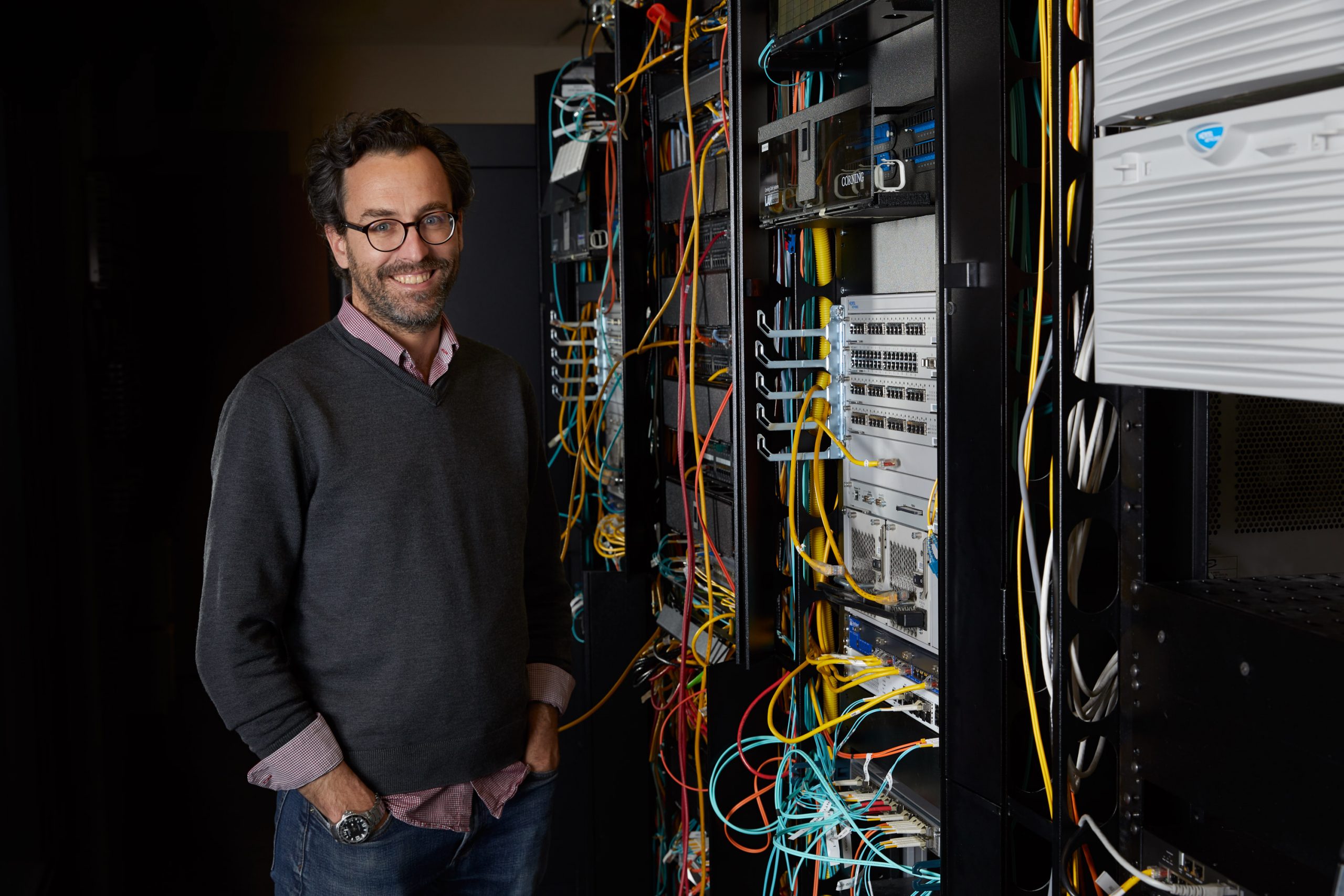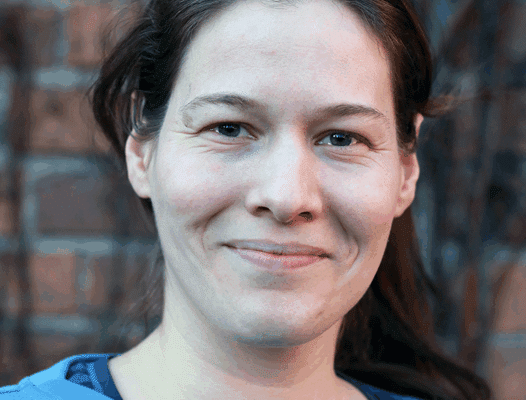- Research
-
YOU ARE
- Community member
- Future Student
- Student
- Professor
- Alumni
- Media
- Guidance counsellors
- INRS retiree
- Contact Us
- Newsroom
- Careers
- FR
-
Studies
We teach the next generation of researchers to develop scientific, social, and technological innovations.
-
Research
We find solutions through interdisciplinary research and industry or public and community partnerships.
-
INRS
We play an active role in Québec's economic, social, and cultural development.
Jonathan Roberge, professor at the Institut national de la recherche scientifique (INRS), is part of an international research team awarded with a prestigious grant as part of the Open Research Area (ORA) 2019 program, in which the Social Sciences and Humanities Research Council (SSHRC) participates.

Professor Jonathan Roberge. Photo : Phil Bernard
This research is carried out by eight researchers affiliated with INRS, the Alexander von Humboldt Institute of Internet and Society (Berlin), the Médialab of Sciences Po (Paris), the Centre for Interdisciplinary Methodologies (University of Warwick, Coventry) and the Algorithmic Media Observatory (Concordia University, Montreal). Team members jointly share a budget totalling more than $2.4 million Canadian dollars, of which nearly $370,000 comes from SSHRC.
Entitled “Shaping 21st Century AI. Controversies and Closure in Media, Policy, and Research”, the project focuses on recent civil society interest in artificial intelligence (AI) and the challenges and issues related to it. This field is being discussed in media fora and among expert communities, both in public policy and research. The studies will compare the course of these debates – who says what, where, how and in what balance of power – in the four countries involved in the ORA call for proposals, namely Canada, England, France and Germany.
Studying the social construction of AI involves an approach that focuses on conflicting definitions; Shaping 21st Century AI will explore how the technology is perceived both as a problem and a solution by analyzing, for example, conversations about AI on Twitter in the four countries over a ten-year period (2012-2021).
“The combination of rapid technological developments, fundamental controversies and significant financial investment indicates that 21st century AI is still forming and adapting to society, with several grey areas such as the effects of facial recognition or the impact on the job market,”
Professor Jonathan Roberge of INRS’s Urbanisation Culture Société Research Centre.
Professor Roberge specializes in the fields of digital literacy, sociology of information and communication technologies (ICT), and science and technology studies. He will be publishing shortly a book entitled The Cultural Life of Machine Learning, published by Palgrave McMillan in New York City. He also holds the Canada Research Chair in New Digital Environments and Cultural Intermediation and is responsible for the Laboratory on New Digital Environments and Cultural Intermediation.
The ORA program is the result of an agreement between the Agence nationale de la recherche (ANR) in France, the Deutsche Forschungsgemeinschaft (DFG) in Germany, the Economic and Social Research Council (ESRC) in the United Kingdom, and the SSHRC. More than $3 million in funding in Canada was awarded to nine teams selected by SSHRC.
We suggest you to read
You may also like

December 8, 2020
Márta Radó
December 8, 2020
For the well-being of all children
December 8, 2020
Regional Disparities in Access to EducationShare

